
Books by Mary Beard
Mary Beard was a professor of Classics at the University of Cambridge for more than 40 years. Her frequent media appearances have led to her being described as “Britain’s best-known classicist.”
Beard’s book Pompeii: The Life of a Roman Town won the 2009 Wolfson History Prize. We interviewed Mary Beard in 2009, when she was working on Pompeii. She told us about books that have had the deepest impact on her thinking about the ancient world: “I’ve chosen these books because all of them made a big difference to me. I wouldn’t be the person I am today without them”.
SPQR is probably Mary Beard’s best-known book. It’s a comprehensive and very readable history of ancient Rome, though it assumes a little too much knowledge to make an easy introduction to the subject.
Emperor of Rome
by Mary Beard
Emperor of Rome by British classicist Mary Beard covers a number of emperors. According to a synopsis first reported in The Bookseller, "it's much more than the usual emperor-by-emperor collection of biographies...For most Romans, one ruler was much like another and she takes a thematic approach instead – looking at the fact and fiction of these rulers, asking what they did and why, and how we have got such a lurid view of them. The themes are autocracy, corruption and conspiracy – and also the day-to-day practicalities of the emperors’ lives (who did the cooking, or took the dictation?)."
Twelve Caesars: Images of Power from the Ancient World to the Modern
by Mary Beard
It was the Roman historian Suetonius who first wrote about the lives of The Twelve Caesars, a potboiler of a history featuring incest, poisonings, and various depraved tyrants. They lived two millennia ago now, on a peninsula in southern Europe, but we know most of their names, even what they probably looked like. In this beautifully presented book, classicist Mary Beard investigates the phenomenon, looking in particular at visual representations of the Roman emperors down the centuries. Statues and pictures of Augustus (and other emperors) were ubiquitous at the time, but exploded again in the Renaissance and remain with us to this day. The illustrations are beautifully done, starting on the first page, where there's pictures of all 12 of them (including dates and manner of death).
Pompeii: The Life of a Roman Town
by Mary Beard
🏆 Winner of the 2008 Wolfson History Prize
Pompeii is a great book that brings to life day-to-day ancient Roman life as we know it from what’s been uncovered from under the ashes of Mt. Vesuvius. The chapters cover different aspects of life like ‘Earning a Living’ or ‘Who Ran the City?’ There are also interesting photos eg. of a gladiator’s helmet found in the gladiators’ accommodation or a cartoon found on the outside of a tomb of gladiators fighting. The opening, ‘Life Interrupted,’ is unforgettable, tracing the people who fled unsuccessfully from the volcanic eruption. As she writes in the opening lines, ‘In the early hours of 25 August CE, the rain of pumice falling on Pompeii was easing off. It seemed a good moment to leave the city and make a bid for safety.'
“For a good book about the history of Pompeii, there’s Pompeii by Mary Beard, which won the 2008 Wolfson History Prize.” Read more...
SPQR: A History of Ancient Rome
by Mary Beard
SPQR traces the growth of an obscure Italian tribe from its beginnings to 212, when the Roman Empire stretched all around the Mediterranean and large chunks of Northern Europe too. This book is very readable but requires some background: it’s not an easy read if you know nothing about Ancient Rome or, to be more specific, what historians know about it.
I chose to start at the very moment where we know more than anything else [Cicero’s crisis of the Republic]: Here’s a moment, 63 BC, where we have evidence coming out of our earholes. And let’s use this as just a way of sitting ourselves in this community. Rome is having a political crisis that we can understand, that we can explore with the writings of the time. Let’s see what this tells us, what sort of snapshot it gives us, and then let’s go back to see where this all came from.
“We all love Mary Beard—she’s a bit of a goddess for the Classics department here. She’s done such a great job, I don’t want to say ‘in popularising classics’ because that implies it wasn’t already popular, but she’s certainly kept things relevant. She’s very good both on TV and in fiction and nonfiction at making classics pertinent to the modern day. I’ve seen her on the BBC current affairs programme Question Time a number of times, and she always brings in classical parallels. I think SPQR is a wonderful book. Ancient Roman history is so very dense and intricate that it can be difficult to teach and learn about. Mary Beard makes it accessible—and she goes through it all, from the early days right up until the present day.” Read more...
If all the above have merely whetted your appetite, why not move into the realm of nonfiction, starting with the acclaimed classicist Mary Beard’s highly acclaimed cultural history of female figureheads, from Medusa to Merkel. When, in the ancient myth, Philomena has her tongue cut from her mouth so she may not speak of her rape, it “is not the peculiar ideology of some distant culture,” writes Beard, but an underlying plank of the system we call our own. Seen through this prism, Atwood’s fiction may not be so far from the truth.
From our article Books like The Handmaid’s Tale
Confronting the Classics: Traditions, Adventures and Innovations
by Mary Beard
***National Book Critics Circle finalist (for criticism) 2013***
“There is also a deep pleasure in looking at some of the things that we think we know about Rome, or the myths that we know are not actually true, taking the mystery to pieces and examining the works and seeing what is there. This is what Mary Beard does in her book…It is like paint stripping – she strips layer after layer after layer away and the mystery and the excitement of the book is wondering what will be left at the end.” Read more...
The best books on Ancient Rome
Tom Holland, Classicist
Interviews with Mary Beard
The best books on Ancient History in Modern Life, recommended by Mary Beard
Mary Beard, Professor of Classics at the University of Cambridge, talks us through the books that have had the deepest impact on her thinking about the ancient world and explains why studying Classics is absolutely relevant to modern life.
Interviews where books by Mary Beard were recommended
The best books on Ancient Rome, recommended by Tom Holland
How accurate is what we think we know about the Romans? Tom Holland, the author of Rubicon, tells us about the exercise of power, the staging of ceremony and the influence of religion in ancient Rome.
The Best Classics Books for Teenagers, recommended by Olly Murphy (Wycombe Abbey School)
Caesar, Cicero, Achilles, Socrates, Plato: millennia later, we still talk about them. Olly Murphy, classics teacher at Wycombe Abbey, one of England’s top girls’ schools, recommends books and explains why classics remains one of the most exciting subjects for teenagers to study.
Books about Pompeii
On August 24th, 79 AD Vesuvius, a volcano overlooking the Bay of Naples, erupted. The surrounding towns, including Pompeii and Herculaneum, would eventually be covered in ash and preserved for centuries, rediscovered in the 19th century and still revealing new information about the ancient world today.
-

1
Pax: War and Peace in Rome's Golden Age
by Tom Holland -

2
Vergil: The Poet's Life
by Sarah Ruden -

3
Ian Fleming: The Complete Man
by Nicholas Shakespeare -

4
The Secret Lives of Numbers: A Global History of Mathematics & its Unsung Trailblazers
by Kate Kitagawa & Timothy Revell -

5
The Chile Project: The Story of the Chicago Boys and the Downfall of Neoliberalism
by Sebastian Edwards
Notable Nonfiction of Fall 2023, recommended by Sophie Roell
Notable Nonfiction of Fall 2023, recommended by Sophie Roell
As summer collapses into fall across the northern hemisphere, Five Books editor Sophie Roell takes a look at the nonfiction books that have been published over the last three months. Reading serious nonfiction books remains the easiest way to get up to speed on not only things you’re already interested in, but lots of things you didn’t know you didn’t know.
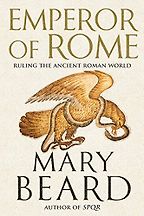
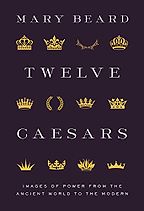
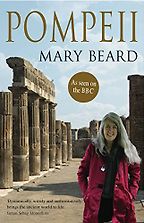
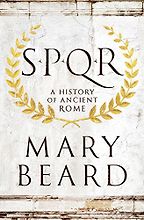
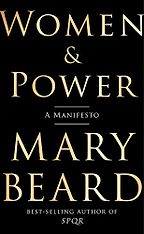
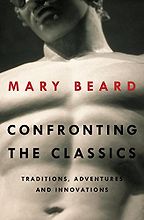
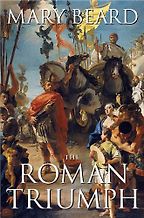
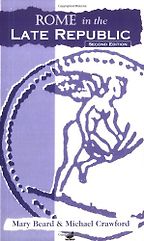
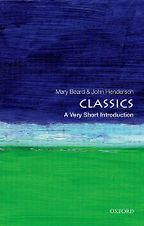
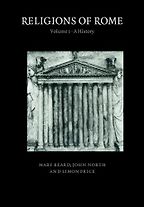
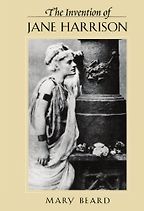
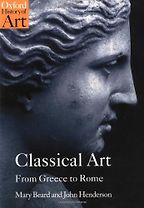
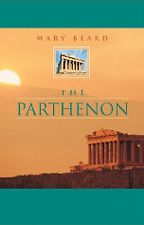
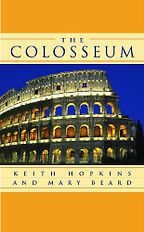
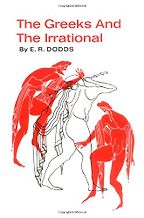

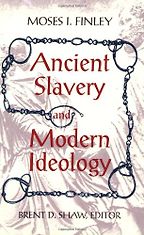
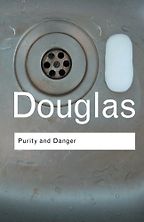

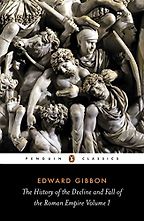
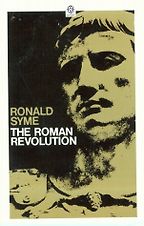
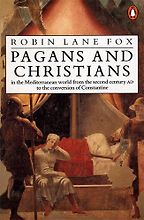
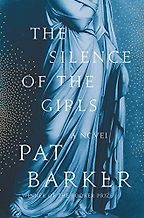
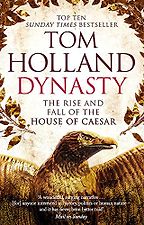
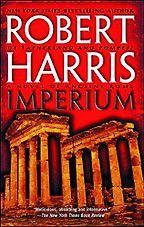

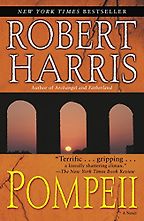
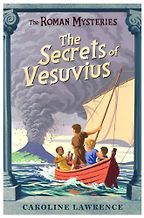
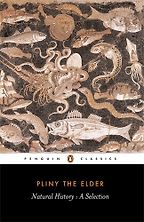
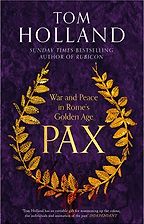
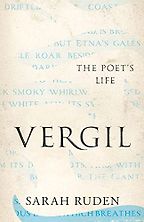
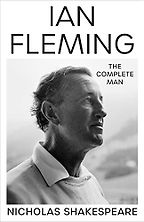
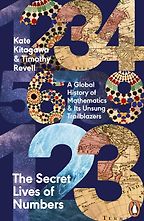
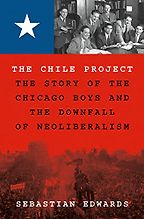
The best books on Boudica recommended by Richard Hingley